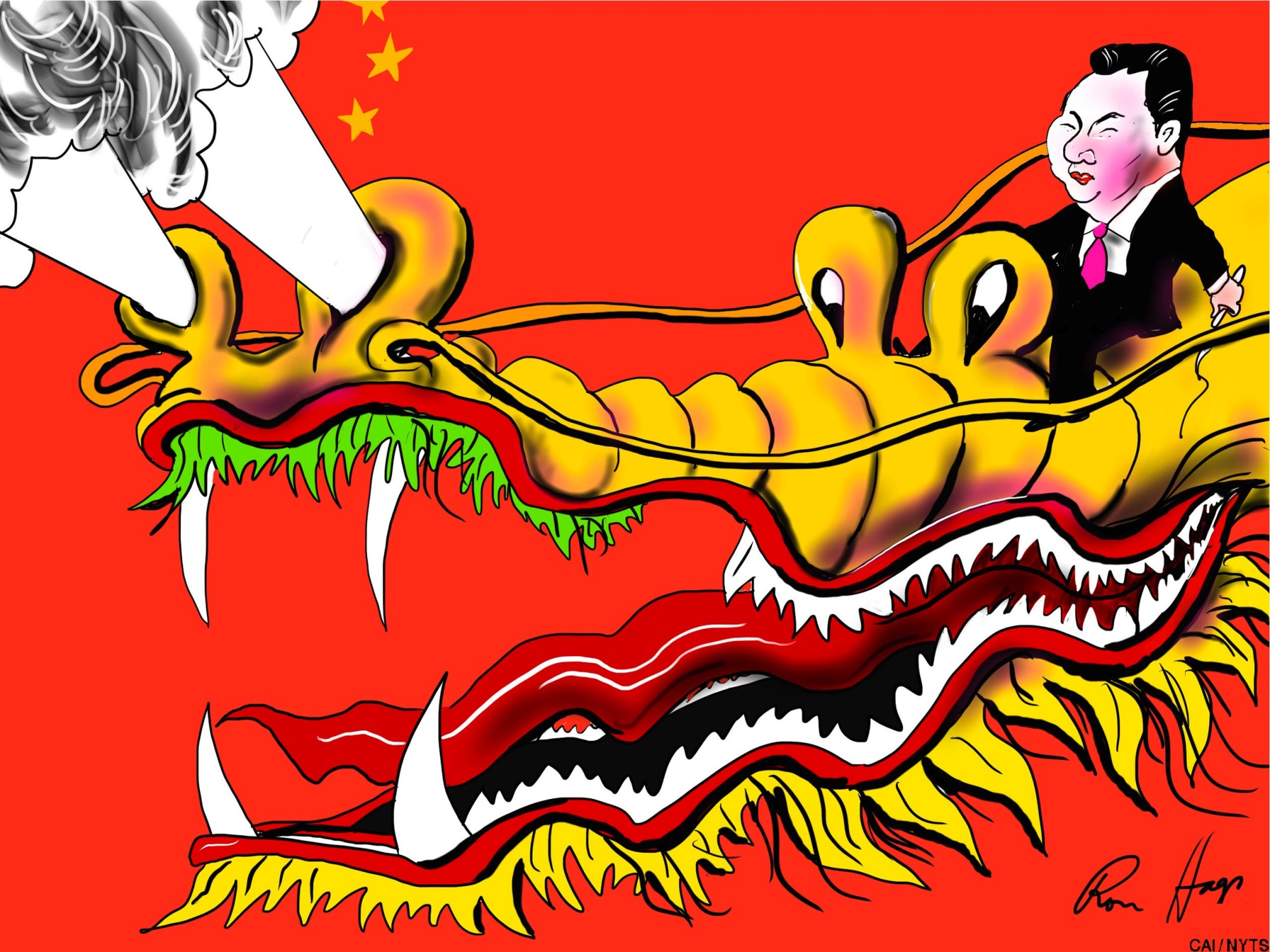What kind of a power Is China? Especially under Xi Jinping, the so-called perpetual president after the constitutional change on March 11, this question becomes particularly important — even more so given China's substantial rises in military expenditure over recent years, and the announcement last year at the 19th Party Congress that China now regards itself as offering a different kind of model of diplomatic and political behavior for others to follow. Everywhere we see signs of intent from China. It would be like burying our heads in the sand to ignore the country's hunger for a more central role in global affairs and not to prepare a response.
Part of what is happening now derives naturally enough from the trajectory of any rising power — or a power that after years of investment and work is feeling like its time has come. It would be odd if China, as the world's second largest economy, were not speaking in the ambitious ways it has adopted recently. History does not record many self-effacing super-economies. It certainly has no experience of powers who just sit on their hands and do nothing when granted massive opportunity because of the poor decisions of others.
A second characteristic of the current situation derives from confusion of the outside world. The political turmoil of the Trump administration in the United States; events in Europe like the almost impossibly perverse electoral outcome in Italy in early March where no one ended up winning; the festival of self-harm that is proving to be Brexit in the United Kingdom; a Middle East in perpetual turmoil; a Russia seemingly existentially predisposed to undertake mean, hoodlum acts like the attempted assassination of a former spy in the U.K. under the cloak of being a functioning major nation. Against this background, China looks like the final house on the hill, at least able to function with an outward appearance of coherence and purpose — unlike everywhere else.

















With your current subscription plan you can comment on stories. However, before writing your first comment, please create a display name in the Profile section of your subscriber account page.